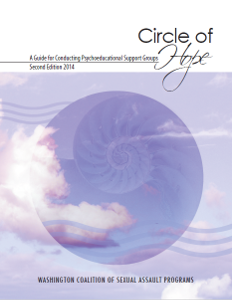Bienvenidos a la segunda parte de nuestra trilogía sobre la Fundamentación y Manejo de Ansiedad en Niños Jóvenes. Nuestro enfoque en esta serie es de modelar actividades que son divertidas, simples, y educativas que usted pueda enseñar a toda su familia - especialmente a sus chiquitines - para poder manejar el estrés y la ansiedad. En esta segunda parte estaremos aprendiendo como hacer una “Caja de Preocupaciones”.
Caja de Preocupaciones
Crea una experiencia divertida y…
